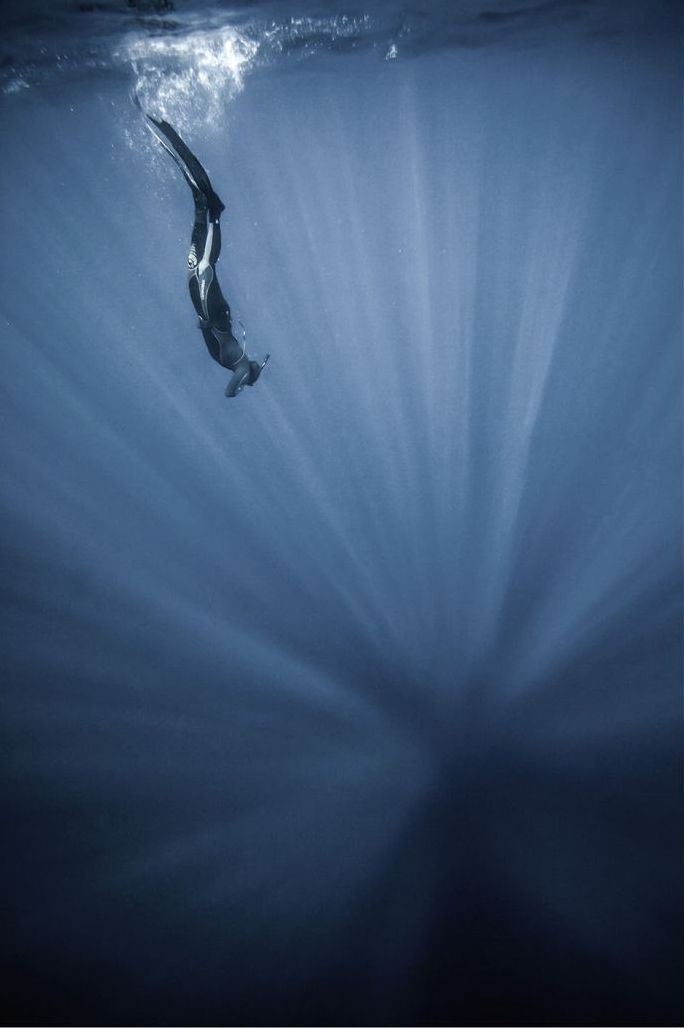|
|
Extreme Sport Photography
|
Some contend, that the distinction between an extreme sport and a conventional one has as much to do with marketing as it has to do with perceptions about levels of danger involved or the amount of adrenaline generated. Furthermore a sport like rugby union, though dangerous and adrenaline-inducing, would not fall into the category of extreme sports due to its traditional image, and it does not have certain things that other extreme sports do, such as high speed and an intention to perform stunts. Demolition derby racing, predominantly an adult sport, is not usually thought of as 'extreme' while BMX racing, a youth sport, is.
In addition to the generational divide, one true hallmark of an extreme sport is a counter-cultural aura—a rejection of authority and the status quo by disaffected youth. The youth of Generation Y have seized upon activities which they can claim as their own, and have begun rejecting more traditional sports in increasing numbers.
The definition of extreme sports may have shifted over the years due to marketing trends. When the term first surfaced circa the late 1980s/early 1990s, it was used for adult sports such as skydiving, scuba diving, surfing, rock climbing, snow skiing, water skiing, snowboarding, mountain biking, mountaineering, storm chasing, hang gliding, and bungee jumping, many of which were undergoing an unprecedented growth in popularity at the time. Outside magazine, not the X Games, epitomized the meaning of the term, and if there was a clothing style associated with extreme sports it was an "outdoorsy" look favoring brand names associated with mountaineering or backpacking such as The North Face and Patagonia, Teva sandals or hiking boots for footwear, etc. The term nowadays applies more to youth sports like skateboarding, snowboarding, aggressive skating, FMX and BMX and is closely associated with marketing efforts aimed at the younger generation (e.g. the ad campaigns of Mountain Dew), and with their favored styles of clothing and music, especially the kind of urban baggy look associated with skateboarders, and loud, fast alternative rock. This shift in styles may also be partly a generational shift, as Baby Boomers and Generation X have aged and marketing efforts associated with extreme sports shifted toward the younger Generation Y demographic sometime in the mid to late 1990s.
The term gained popularity with the advent of the X Games, a made-for-television collection of events. Advertisers were quick to recognize the appeal of the event to the public, and as a consequence competitors and organizers are not wanting for sponsorship. The high profile of extreme sports and the culture surrounding them has also led to parodies such as Extreme ironing, urban housework, extreme croquet, and house gymnastics.
|
|









